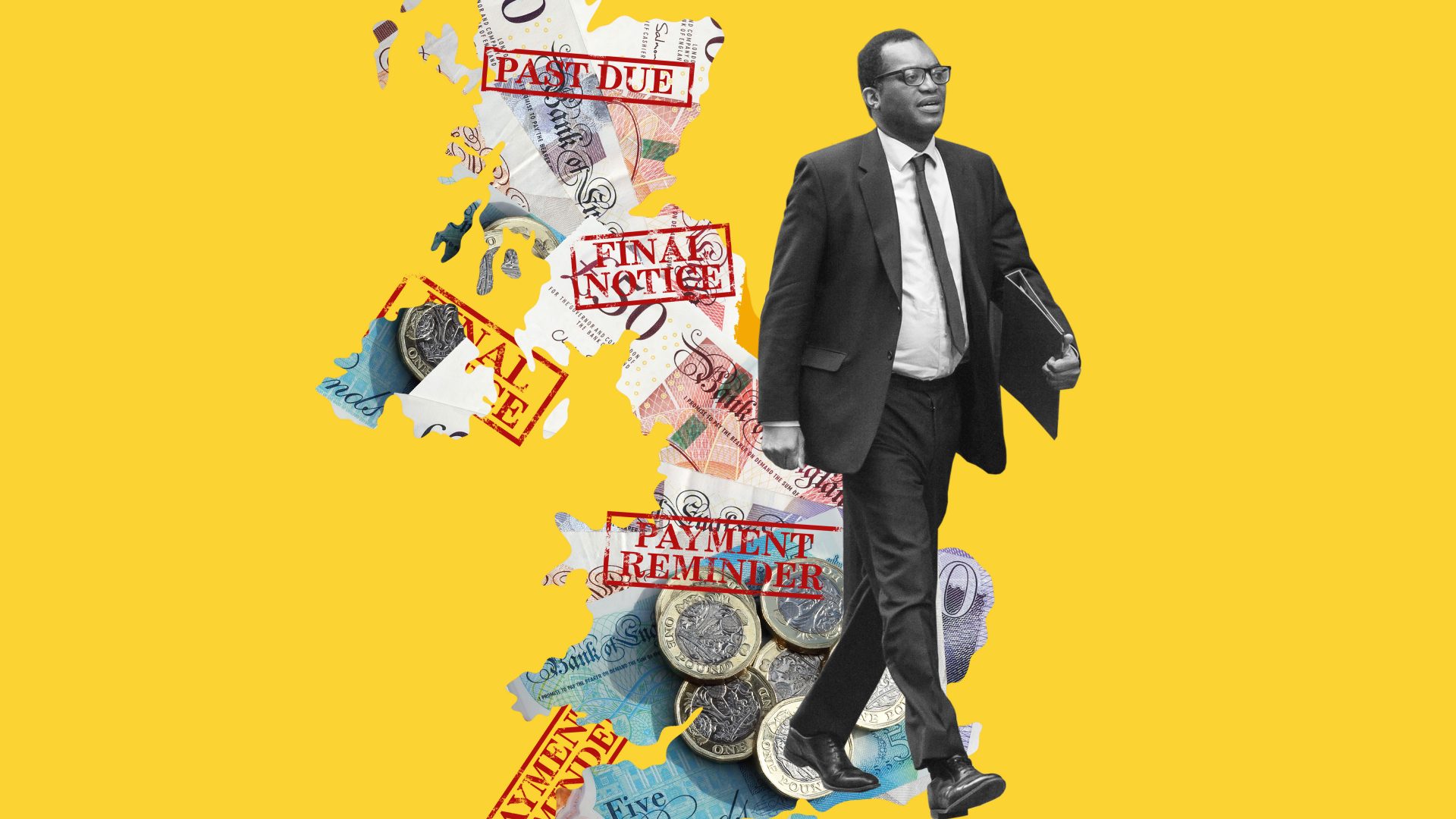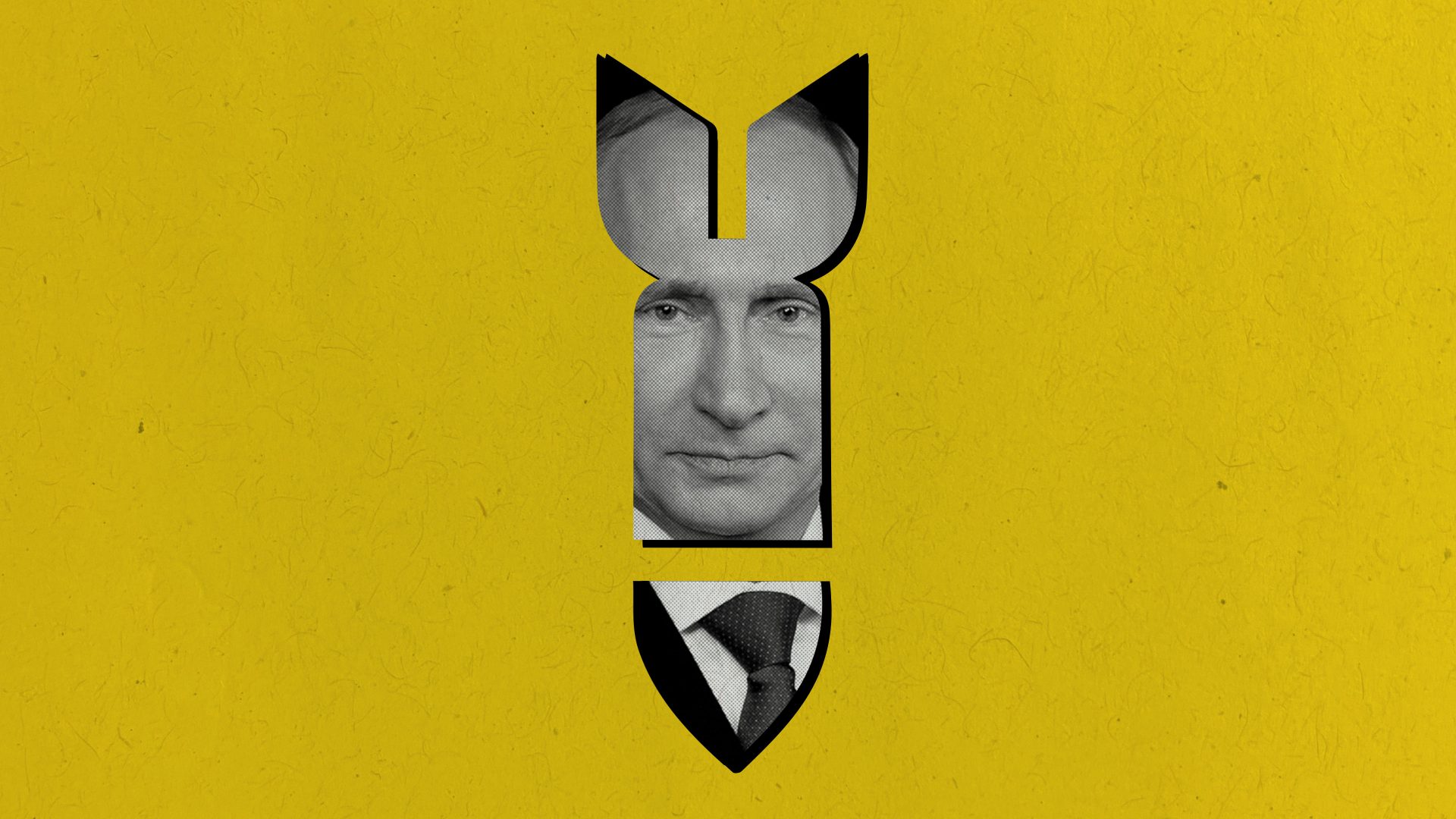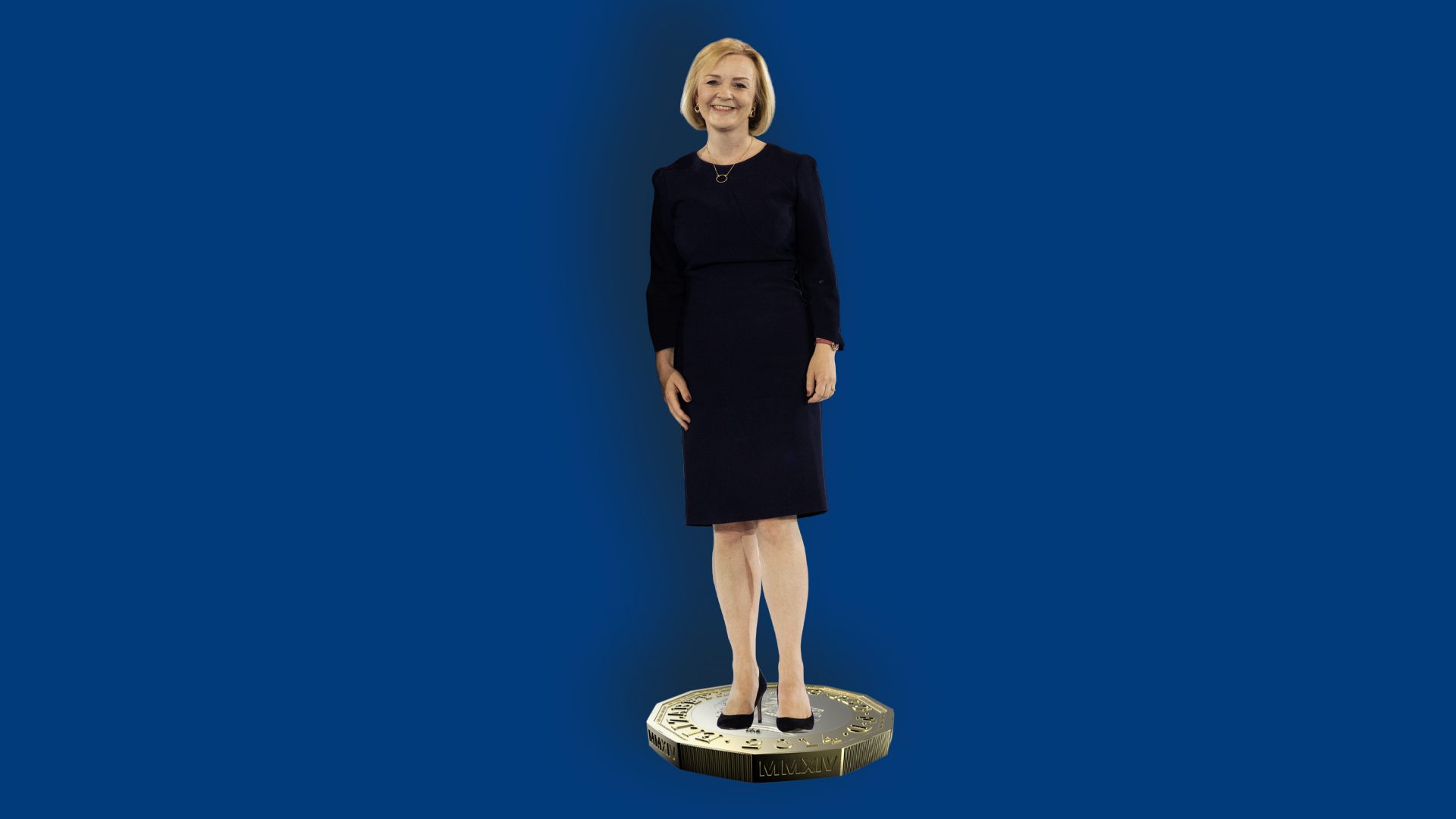You might have thought, before Kwasi Kwarteng’s mini-budget that turned out to be a maxi-gamble, that governments could not borrow and spend recklessly, that like households they had to live within their means. That paying down debt was essential, and that fiscal prudency was the bedrock of Conservatism.
It seems that we have been misled and have misremembered. Apparently, what has been needed all along to achieve growth was for the government to borrow vast amounts of money, give it away to the rich and wait for it to somehow boost the UK’s average growth rate. That growth will lead to higher income for the government and the borrowing would pay for itself.
Established economic theories, backed up by fact-vase evidence, have been disappeared like a naysayer in a photograph of Stalin. All previous Conservative governments have, it seems, been left wing dupes, fellow travellers and unbelievably wet. But this is Year Zero and this is a REAL Tory government, and it is starting again with a tabula rasa.
Yet it is not entirely a new start. As Rachel Reeves, the shadow chancellor pointed out, much of Kwarteng’s announcement was taken up with not increasing National Insurance rates but keeping them where they already are, keeping corporation tax at exactly the same level. How doing nothing is supposed to increase growth is a mystery, as is where the chancellor is finding the money for social care and the NHS.
Rishi Sunak’s NI increases were supposed to pay for that. Liz Truss’ government says it will just find the money from elsewhere. It is one of many things about this budget that do not make sense.
Another is the fact that while it was billed as a plan for growth, this budget has very little to do with increasing the growth rate of the British economy and everything to do with the redistribution of wealth. The lie that the government is interested in creating a bigger pie and not about how much pie people get has been exposed by Kwarteng’s statement. This is about giving more money to the rich; it is is trickle-down economics at its most brutal.
The top rate of tax was 45% for anyone owning over £150,000, but that is being abolished. The beneficiaries will be the top 1% of earners and no-one else. If you are fortunate enough to earn £1 million a year, this will give you a £55,000 tax cut this year and every year. That is trickle-down economics for you.
There is a double whammy for some 600,000 people – the cap on banker bonuses has been abolished too. New higher bonuses and a 5% tax cut as well. The fact that runaway banker bonuses helped to almost destroy the western economic model just 14 years ago is now a non-fact. Apparently turning the City into a casino again will pay out big time.
Stamp duty changes will also benefit the rich overwhelmingly. What the housing market needs is more houses. Stamp duty is a red herring, the idea that it is tax that is causing the problems in the housing market is for the birds. This will cost the Treasury a small fortune.
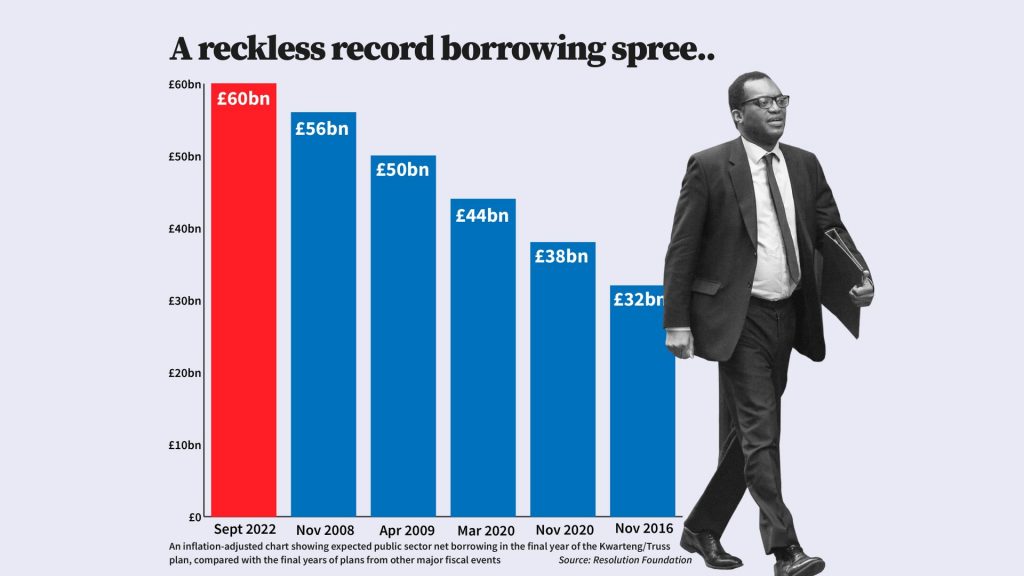
As for the new enterprise zones, the tax cuts and allowances are eye watering. 100% relief on new plants and machinery, no stamp duty on new buildings, no business rates on new properties, no National Insurance on the first £50,000 of pay in new jobs.
The chancellor says he is currently negotiating with 40 sites across the country. That is 40 sites where the Treasury will collect virtually no tax at all. As every study has shown, all that will happen is that economic activity will move from where it is taxed to where it isn’t. There will be no additional growth, just a lower tax take. Any boss who wants to fill his boots will move to an enterprise zone and just stop paying taxes.
So, what will the poor get out of this? Well, there is the promise of jam tomorrow with 1p of the rate of basic tax next year. Whether anyone will be better off with 1p off the basic rate of tax when tax bands have been frozen, inflation is eating into wages and borrowing costs are soaring, will be interesting to see.
Meanwhile, with the unemployment rate at itslowest level for 50 years, the government is going to force people back to work – or as the chancellor put it, “We will make work pay by cutting benefits”. Apparently, millionaires need an extra £55,000 a year to make them work harder while the unemployed need to suffer to force the idle shirkers back to t’mill.
Your chances of keeping up with price rises by winning a decent pay rise will also be limited. The right to strike will be strictly curtailed and unions will have to put pay offers to a ballot. The details will be key, but if a company changes its offer by pence, will unions have to re-ballot members? This will make striking almost impossible.
The only pro-growth measures I can see in this statement are the continuation of the investment allowances for business and yet another war on red tape. Keeping the investment allowances is probably an essential move, but one that has only managed to stop business investment from collapsing – it has not led to a boom. Cutting red tape is a right wing panacea, the kind promoted by snake oil sellers.
While the poor are going to be squeezed until the pips squeak, all in all this mini-budget has given away £45 billion in tax cuts, the vast majority to the rich.
But that is not the more important or even the most shocking thing about this budget. That was what was not mentioned by Kwasi Kwarteng. He had nothing to say in the Commons about the total cost of all this to the government’s finances.
The details are truly shocking. The Treasury has told the Debt Mangement Office that it will have to borrow another £72 billion this year alone, or £234 billion in total. The details of the costs of the so-called growth package are even more eye-watering. Over the next five years, they will cost the Treasury another £159 billion.
But don’t worry if the measures boost growth by 1% a year, that will bring in enough to make up for the costs. The problem is that none of these measures seems likely to increase growth at all.
Where are the measures to improve education and training, to improve the delivery of utilities and maintain energy price stability. Where is the massive increase in infrastructure or measures to make British industry less short-term, better managed and more productive?
This government just believes that making life tougher for the poor and easier for the rich will increase growth. That free ports and enterprise zones actually increase rather than just relocate growth. This is not so much an economic plan as a right wing wet dream.
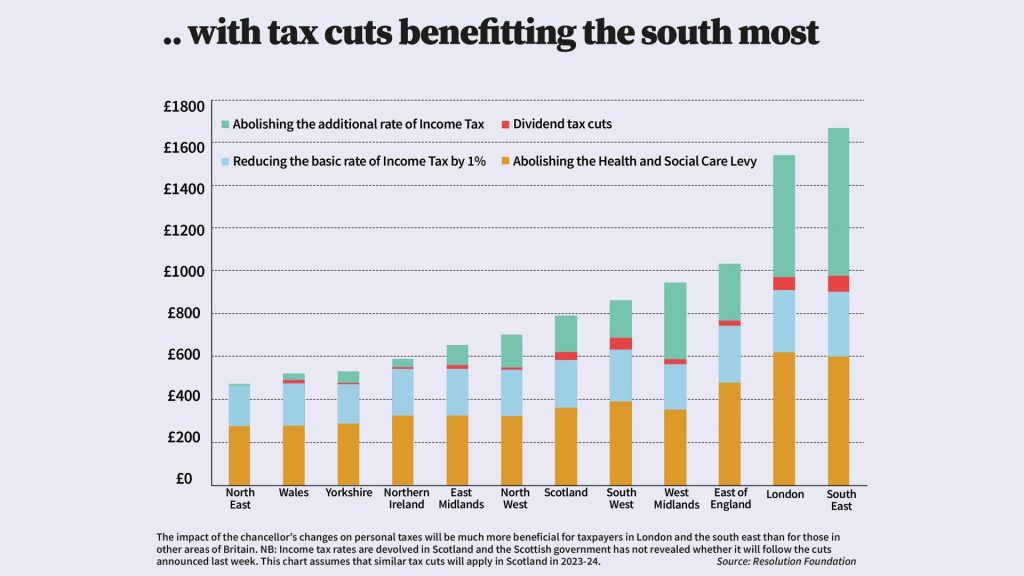
Even before the full details of this budget were clear, the well-respected Institute for Fiscal Studies was predicting that it would push borrowing to unsustainable levels and that hoping that higher growth would arrive to solve that crisis “is a gamble at best”. Then Kwarteng went far further than expected, in the biggest giveaway since the early 1970s and the Barber boom.
Everyone will be keenly awaiting the IFS’s post-budget analysis. It is likely to be suicidally depressing. No wonder the Office for Budget Responsibility, the body the government uses to produce independent economic forecasts, has been gagged.
Meanwhile, the markets have reacted by increasing the government’s cost of borrowing and selling the pound. They also expect the Bank of England to have to increase interest rates faster to offset the inflationary effects of this budget. They have already priced in three successive increases of 0.75% at the next three MPC meetings.
This is terrible news for those with mortgages, those hoping to get on the housing ladder or having to borrow to survive the downturn. This is also bad news for the government; it is borrowing far more just as the cost of borrowing is rising dramatically.
Those free-market think tanks the IEA and the Tax Payers Alliance have finally got the budget and the government they have been begging for. The trouble is that it is a budget that is doomed to fail. In short, in the middle of the greatest cost of living crisis in decades and in the middle of a recession this government has just bet the house on a right wing fantasy, an ideologically driven experiment.
Worse still, it is betting with borrowed money that no-one knows how it is planning to repay.


